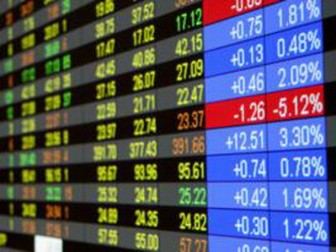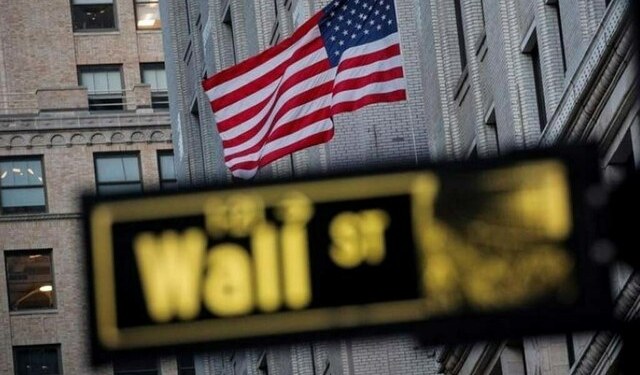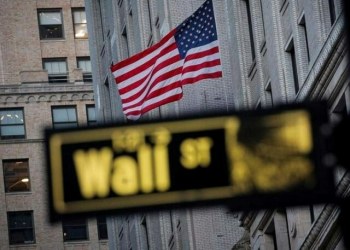 By Chikako Mogi
By Chikako Mogi
TOKYO (Reuters) – Asian shares rose on Friday as investor risk appetite returned after overnight data suggested some stabilisation in the global recovery trend, particularly in the world’s top two economies, the United States and China.
The MSCI index of Asia-Pacific shares outside Japan edged up 0.2 percent, following overnight gains in European and U.S. stocks on positive U.S. private sector employment and consumer confidence reports, as well as data showing a moderate pick up in Chinese manufacturing activity.
China’s economy has driven global growth in recent years.
Business surveys and data released on Thursday also showed other big Asian economies were slowly recovering, but there were mixed signals about the health of U.S. manufacturing.
Strong metal prices and improving U.S. and Chinese economic conditions lifted Australian shares up 0.5 percent. Seoul shares opened up 1.2 percent
Japan’s Nikkei average opened up 1.1 percent, with a weaker yen helping to underpin sentiment.
“Asian economic indicators are consistent with a risk-on strategy, but we remain risk selective,” said Morgan Stanley in a research note.
“The outcome of the U.S. presidential election is a close call, leaving markets concerned about whether the newly elected president will have the political capability to deal with the fiscal cliff,” undermining the recent economic rebound, it said.
After the U.S. election, Congress must deal with a “fiscal cliff” – up to $600 billion in expiring tax cuts and spending reductions that are set to kick in next year – which threatens to hurt the U.S. economy.
Investors will eye U.S. nonfarm payrolls due at 1230 GMT, which is expected to show employers added 125,000 jobs in October and the jobless rate to tick up to 7.9 percent from September’s 7.8 percent.
Payrolls processor ADP reported on Thursday that companies added jobs in October at the fastest pace in eight months while new claims for jobless benefits fell last week. Positive economic news could affect the outcome of the November 6 elections while easing pressure for more monetary easing, pushing up Treasury yields and lifting the dollar.
The dollar inched up 0.1 percent against the yen to 80.20, hovering near a four-month high of 80.38 hit last week.
With investors less worried about economic slowdowns worsening, the risk-sensitive Australian dollar rose to a five-week high of $1.0420.
The safe-haven yen retreated, falling 0.3 percent against the Aussie at 83.50 yen and easing 0.1 percent against the euro at 103.80 yen.
The euro remained in the recent $1.28-$1.32 range, steadying at $1.2945 but capped by worries over Greece and Spain.
Reports on manufacturing activity in major euro zone countries are due on Friday and expected to show continued economic contraction.
Brent crude prices fell on Thursday on returning North Sea supply and euro-zone concerns, while U.S. crude futures climbed nearly 1 percent on supportive economic data and a drop in crude oil inventories.
U.S. crude eased 0.2 percent to $86.88 a barrel early on Friday and Brent was nearly flat at $108.13.
Asian credit markets were subdued, keeping the spread on the iTraxx Asia ex-Japan investment-grade index barely changed from Thursday.
(Editing by Michael Perry)
Source: Reuters

























